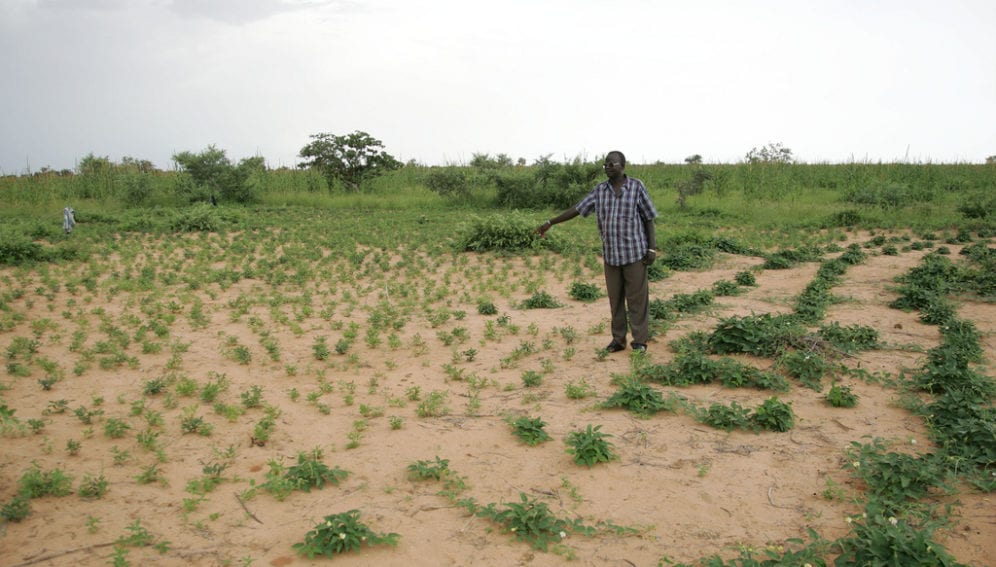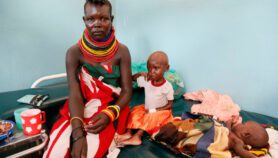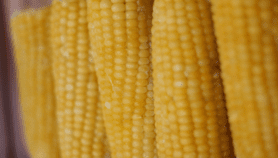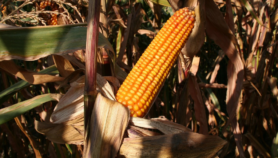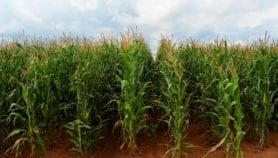By: Samuel Hinneh
Send to a friend
The details you provide on this page will not be used to send unsolicited email, and will not be sold to a 3rd party. See privacy policy.
[ACCRA] Cowpea farmers in Ghana could drive up their yields by inoculating seeds with a biological fertiliser before sowing, following a joint project between Brazil and Ghana.
The inoculant is based on a plural strain of a soil bacterium that makes more nitrogen available to the plant. It has been developed by the Brazilian Agricultural Research Corporation (Embrapa), and trialled in northern Ghana in collaboration with the Savanna Agricultural Research Institute (SARI).
Embrapa selected Rhizobium bacteria specific to cowpea root nodules that are more effective than indigenous Rhizobium, and which are cultured under sterile conditions in a laboratory.
"The multiplied bacteria are then mixed with a carrier to make the inoculant, which is given to the farmer, who is taught how to make it stick to the seeds at the time of planting," says Mathias Fosu, principal research scientist at SARI, one of the institutes in Ghana's Council for Scientific and Industrial Research (CSIR).
When the seeds germinate, the bacteria 'infect' the roots and form nodules, supplying the cowpea with nutrient through a symbiotic nitrogen-fixing process, acting like a small "fertiliser factory" for the plant, Fosu says.
The collaboration between Embrapa and SARI is part of the Agricultural Innovation Marketplace programme (launched in 2010 as an Africa–Brazil collaboration), with the aim of linking African research organisations to Brazilian and other Latin American experts for collaborative research to help smallholder farmers in Africa.
As well as providing the bacteria, Embrapa also trained Ghanaian scientists in inoculant production, provided a laboratory and enabled field trials for the project, which ran for two years up to June 2013, supported by a grant of US$77,000.
The fertiliser is being produced for wider rollout and SARI will be doing the distribution to farmers
"Brazil has much experience with bacteria technology, with about 30 million hectares of soybean grown there with inoculants," Fosu adds.
Robert Boddey, a scientist at Embrapa, says in the past decade work on inoculants shows they can promote considerable increases in nodule mass, plant growth and grain yield of cowpea in Brazil.
"When the Marketplace was launched I thought that a project to look into whether grain yields of cowpea in Africa could be increased using inoculants would be an exciting idea. It worked beyond my wildest hopes," Boddey says.
Wisdom Plahar, a legume and cereal research specialist at CSIR's Food Research Institute, tells SciDev.Net that, apart from boosting cowpea production in Ghana, the project "will also help reduce the overdependence on imported chemical fertilisers and save money".
This article has been produced by SciDev.Net's Sub-Saharan Africa desk.


